The Role of a Plaintiff in the Legal System
In legal proceedings, terms like “plaintiff,” “defendant,” and “litigant” often come up. Among them, the term “plaintiff” is central, as it represents the individual or party who initiates a lawsuit. Understanding the role and responsibilities of a plaintiff is crucial for anyone who finds themselves involved in or studying legal processes. This article provides an in-depth exploration of what it means to be a plaintiff, covering responsibilities, rights, and how the role varies across different legal systems.
What is a Plaintiff?
A plaintiff is the party who brings a lawsuit against another party, known as the defendant, in a court of law. This party believes they have suffered harm or been wronged, and they seek relief from the court. The plaintiff can be an individual, a group of people (as in a class action lawsuit), a company, or even a government entity. Essentially, the plaintiff initiates the case and seeks a legal remedy, which can include monetary compensation, an injunction, or another form of justice or redress.
For example, if someone is injured due to a faulty product, they might sue the manufacturer for damages. In this case, the injured party would be the plaintiff, and the manufacturer would be the defendant.
Types of Plaintiffs
Not all plaintiffs fit into the same mold. Depending on the nature of the case, plaintiffs can differ in type:
- Individual Plaintiff: Most commonly, an individual who claims to have been harmed in some way. This can include personal injury cases, contract disputes, or other forms of civil litigation.
- Corporate Plaintiff: In commercial law, a business or organization may bring a case against another company or individual, typically involving breaches of contract, intellectual property issues, or fraud.
- Class Action Plaintiff: In certain cases, a group of people with similar grievances come together to file a lawsuit. These are known as class action lawsuits, and the group as a whole acts as the plaintiff.
- Government Plaintiff: In some instances, a governmental body may act as the plaintiff, especially in cases involving regulatory violations, public health, or environmental issues.
Each type of plaintiff has specific considerations and challenges in the legal process, which can affect the course of the lawsuit.
The Responsibilities of a Plaintiff
A plaintiff bears specific responsibilities within a legal case. These responsibilities ensure that their claim is legitimate and that they have a right to bring it before the court. Here are some of the key responsibilities:
- Filing a Complaint: The plaintiff must file a legal complaint or petition with the court. This document outlines the nature of their claim, the parties involved, the relief sought, and any relevant legal grounds.
- Burden of Proof: In civil cases, the plaintiff generally holds the burden of proof. This means that they must demonstrate the validity of their claim, usually by presenting evidence and establishing a “preponderance of evidence” – a standard lower than “beyond a reasonable doubt” used in criminal cases.
- Providing Evidence: To strengthen their case, the plaintiff is responsible for providing adequate evidence, which can include documents, witness testimony, expert analysis, or any other material that supports their claims.
- Participating in Discovery: Discovery is a pre-trial process where both the plaintiff and defendant exchange information relevant to the case. The plaintiff must cooperate in this process, which may involve answering questions (interrogatories), providing documents, or attending depositions.
- Adhering to Legal Protocols: There are specific legal rules and deadlines that plaintiffs must follow. This includes meeting filing deadlines, adhering to procedural rules, and attending required court appearances.
Rights of a Plaintiff
Just as plaintiffs have responsibilities, they also have rights, which are protected by law to ensure fair treatment in the judicial process. Key rights include:
- The Right to Seek Redress: At its core, a plaintiff has the right to bring a claim against a defendant if they believe they have been wronged. This is a fundamental right in most legal systems, allowing individuals and entities to seek justice.
- Right to Due Process: Plaintiffs are entitled to a fair and impartial trial. This means that the court must follow established legal procedures, allowing the plaintiff to present their case fully and without prejudice.
- Right to Legal Representation: While plaintiffs may choose to represent themselves (acting as pro se plaintiffs), they also have the right to hire legal counsel. Legal representation can be critical for plaintiffs, especially in complex cases.
- Access to Information: Through the discovery process, plaintiffs can request information from the defendant that may support their case. This is particularly relevant in cases where much of the evidence is controlled by the defendant.
- Right to Appeal: If the outcome of the trial is unfavorable, the plaintiff has the right to appeal the decision to a higher court. The appellate process allows for the case to be reviewed and potentially overturned if legal errors occurred during the trial.
Challenges Faced by Plaintiffs
Being a plaintiff comes with its own set of challenges, which can range from the financial burden to emotional stress. Some common challenges include:
- Financial Costs: Litigation can be expensive, and plaintiffs often have to bear the cost of filing fees, attorney fees, and other court-related expenses. While some plaintiffs may enter into contingency fee arrangements with their lawyers, this is not always an option, especially in less financially viable cases.
- Time Commitment: Legal cases can be lengthy, and plaintiffs often have to commit considerable time to the process, from attending meetings to participating in depositions and hearings.
- Emotional Strain: Litigation can be emotionally draining, particularly in personal injury, family, or wrongful death cases. The process of recounting traumatic events, facing the defendant, and enduring the uncertainty of the trial’s outcome can weigh heavily on plaintiffs.
- Risk of Counterclaims: Sometimes, defendants file counterclaims against plaintiffs, which can complicate the case and add additional legal challenges. Plaintiffs must be prepared to respond to such claims if they arise.
- Potential for Public Scrutiny: Depending on the case, plaintiffs may face public scrutiny, particularly in high-profile cases. This can be invasive and uncomfortable, impacting their personal and professional lives.
Plaintiff vs. Complainant vs. Petitioner
While “plaintiff” is the most commonly used term in civil cases, similar terms exist that may cause confusion:
- Complainant: This term is sometimes used interchangeably with “plaintiff,” though it is more commonly seen in regulatory or administrative proceedings.
- Petitioner: In some cases, particularly in family law or appellate cases, the initiating party may be called the petitioner rather than the plaintiff.
Understanding these distinctions is essential, as the correct term often depends on the specific type of case and the court in which it is filed.
The Role of the Plaintiff in the Trial Process
The trial process is where the plaintiff’s role truly comes to life. From opening statements to presenting evidence and cross-examining witnesses, the plaintiff and their legal team work to convince the judge or jury of their case’s merit. They may present various forms of evidence, call upon expert witnesses, and address the arguments raised by the defendant. Ultimately, the plaintiff seeks to demonstrate their case convincingly, enabling the judge or jury to render a verdict in their favor.
Conclusion
In legal proceedings, the role of the plaintiff is foundational. The plaintiff not only initiates the lawsuit but also drives the case by shouldering responsibilities such as providing evidence and meeting procedural requirements. However, being a plaintiff also comes with its rights and protections, ensuring a fair legal process. Understanding the nuances of this role is essential for anyone involved in the legal field, whether they are potential plaintiffs themselves, legal professionals, or simply individuals looking to understand more about how the legal system functions.
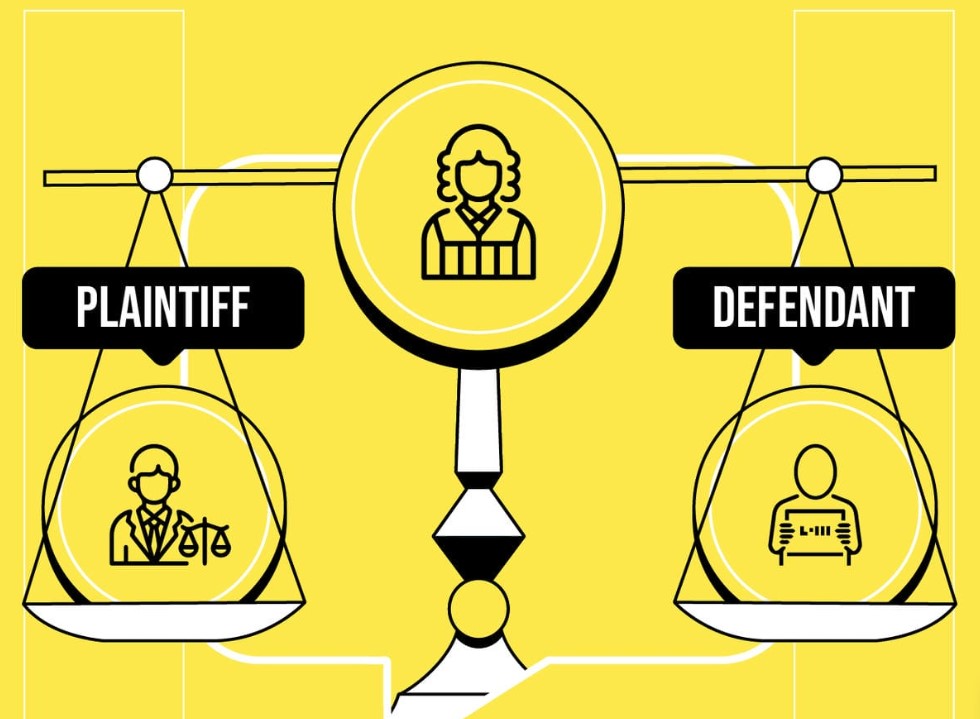
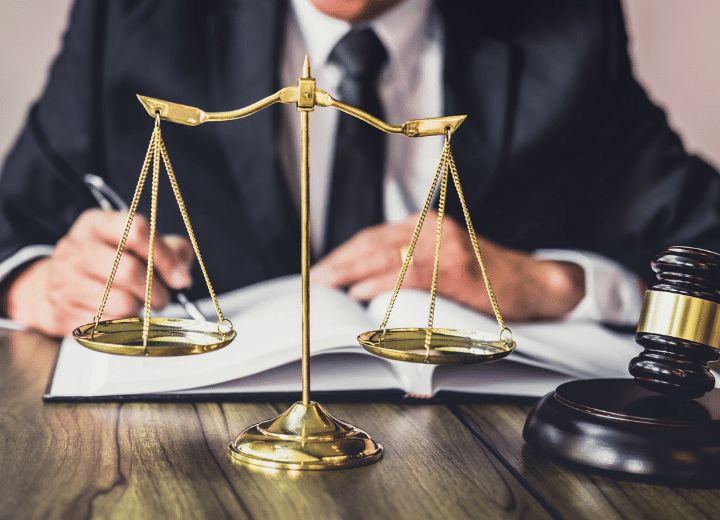
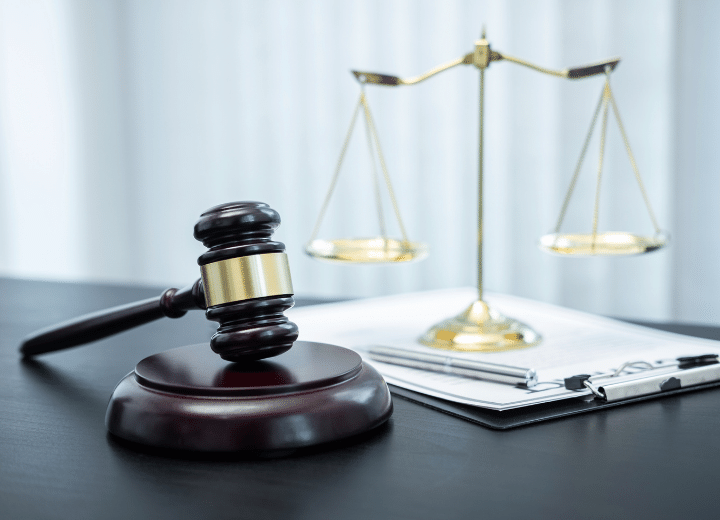
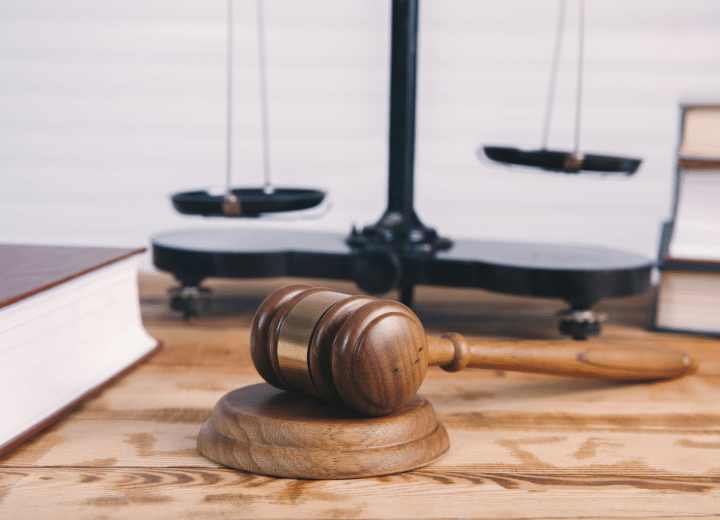
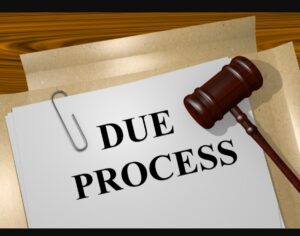
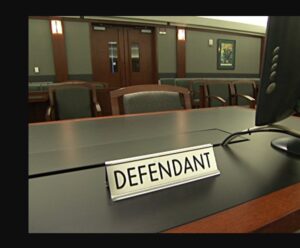
Post Comment